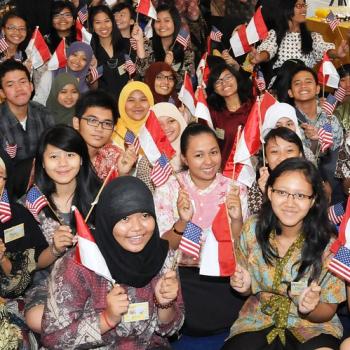As our attention has been focused on the meltdown in the Middle East, big problems have been emerging with China. Reportedly emboldened by American weakness, China has been asserting its claims on hundreds of tiny islands in the East China sea, which are also claimed by Japan, the Phillippines, Vietnam, Taiwan, and other nations, many of which have mutual defense treaties with the United States. The navies and air forces of these contending nations are harassing and threatening each other, creating a tinder box that could easily ignite. In the meantime, American diplomacy is objecting to the Chinese incursions, and it’s dragging down our relations with China on other issues.
From China’s rise and Asian tensions send U.S. relations into downward spiral – The Washington Post:
Hundreds of rocky islands, islets, sandbanks, reefs and cays lie scattered across Asia’s eastern waters, unimportant-looking to the naked eye but significant enough to spark what may be the most worrying deterioration in U.S.-China relations in decades.
China’s military rise, and its increasingly assertive claims to sovereignty over these largely uninhabited lumps of rock, coral and sand, have set it on a possible collision course with its neighbors, which also make various claims on the archipelagos, and with the United States, which has important alliances with three of the rival claimants and would be obliged to defend them in the event of an attack.
As Chinese and Vietnamese ships ram each other in the contested waters, and Chinese and Japanese fighter jets play games of chicken in Asia’s disputed skies, the risk of military escalation is growing. Even more significantly, the standoff is generating bad blood between Washington and Beijing and could torpedo cooperation on important global issues, including the Middle East, climate change and nuclear proliferation. . . .
And while Washington has been focused more on Iraq, Syria, Ukraine and Russia, some say the U.S.-China relationship is facing its stiffest test since President Richard M. Nixon traveled to Mao Zedong’s China in 1972.
“U.S.-China relations are worse than they have been since the normalization of relations, and East Asia today is less stable than at any time since the end of the Cold War,” said Robert Ross, a political science professor at Boston College and associate of Harvard’s John King Fairbank Center for Chinese Studies.
[Keep reading. . . .]











